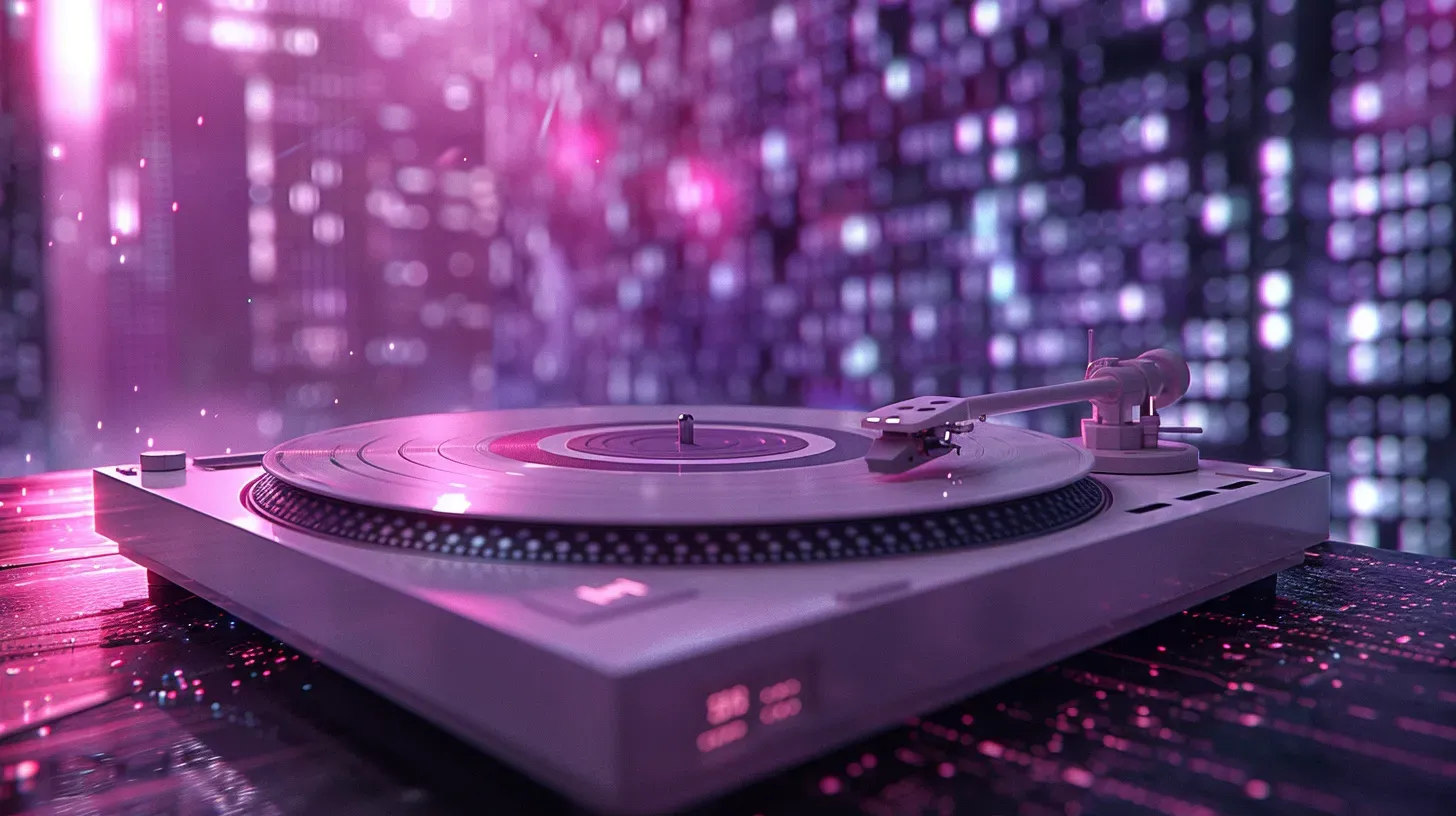AI Music Generators Face Major Legal Challenge from Record Labels

Are AI music generators the end of human creativity, or just another Napster-style fiasco waiting to happen?
Full Article:
The music industry has officially declared war on AI music generators, with lawsuits filed against Suno and Udio for copyright infringement. These AI platforms, developed by Suno AI and Uncharted Labs respectively, are being accused by major record labels of using copyrighted songs without permission to train their algorithms. The Recording Industry Association of America (RIAA), along with labels such as Sony Music Entertainment, Universal Music Group, and Warner Records, is seeking damages up to $150,000 per work.
The suits highlight songs generated by AI that closely mimic works from artists like Chuck Berry and Mariah Carey. Suno's CEO claims their technology creates new content, not copies, but labels argue this undermines genuine AI innovation.
Suno and Udio are cutting-edge AI tools that generate music by using complex algorithms trained on vast datasets of existing songs. These tools promise to create new music that is innovative and fresh. However, the crux of the legal battle lies in how these datasets were compiled. The plaintiffs argue that these AI models have been trained on copyrighted music, thereby infringing on the intellectual property of numerous artists.
While this legal action might seem like a setback for AI innovation, it is a necessary step to protect the rights of content creators. The music industry has a long history of battling unauthorized use of its work, dating back to the days of Napster. The rise of AI-generated music brings a new set of challenges, but the fundamental issue remains the same: ensuring that artists are fairly compensated for their work.
Standing up against tech companies that exploit copyrighted material without consent is crucial. If unchecked, such practices could devalue the hard work of artists and lead to a marketplace flooded with unlicensed content. The lawsuits against Suno and Udio serve as a reminder that intellectual property laws exist to protect creators, ensuring they receive recognition and compensation for their contributions.
Moving forward, a balanced approach is needed. AI companies must develop transparent and fair methods for training their models. Licensing agreements should be established to compensate artists whose work contributes to the creation of AI-generated music. This would not only protect creators but also encourage collaboration between the tech industry and artists.
The music industry is not entirely opposed to AI. Many record labels are already exploring partnerships with AI companies to innovate within legal boundaries. The key is to foster an environment where technology and creativity can coexist, benefiting both the creators and the developers.
The controversy underscores the broader debate over AI’s role in creative industries and raises questions about intellectual property rights and fair use. How can the music industry balance innovation with protecting artists' rights?
Read the full article on Wired.
----
💡 We're entering a world where intelligence is synthetic, reality is augmented, and the rules are being rewritten in front of our eyes.
Staying up-to-date in a fast-changing world is vital. That is why I have launched Futurwise; a personalized AI platform that transforms information chaos into strategic clarity. With one click, users can bookmark and summarize any article, report, or video in seconds, tailored to their tone, interests, and language. Visit Futurwise.com to get started for free!





